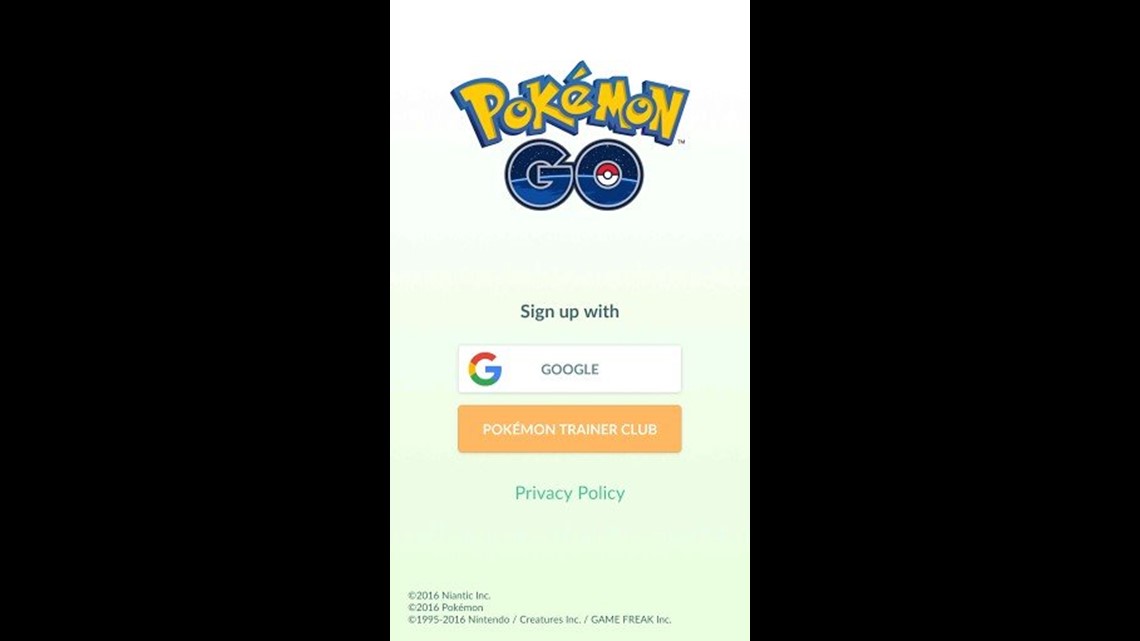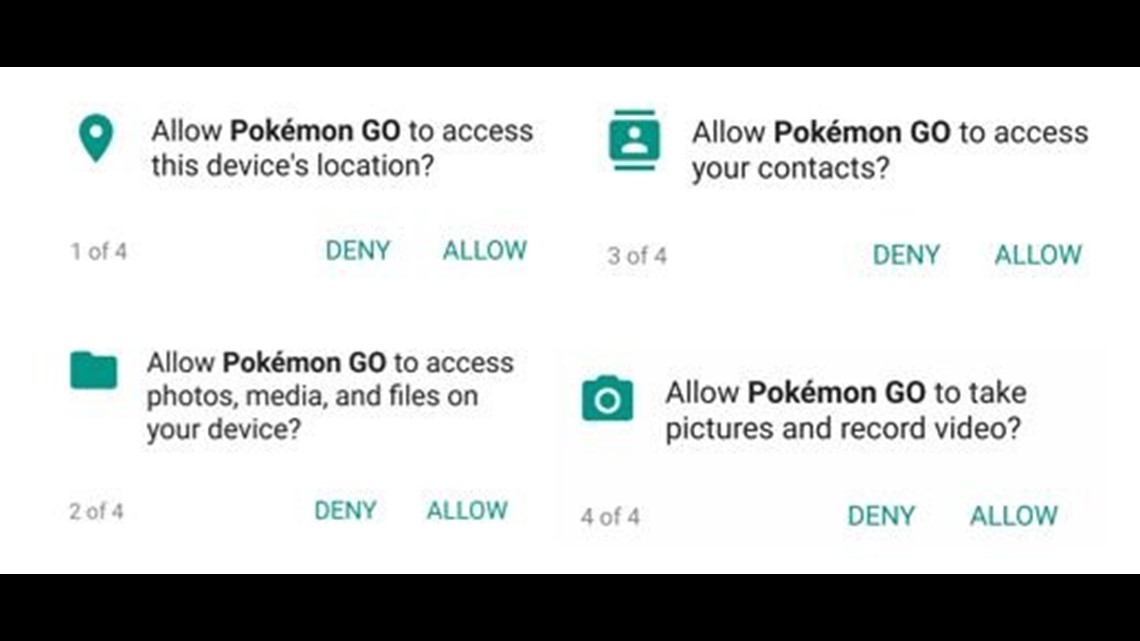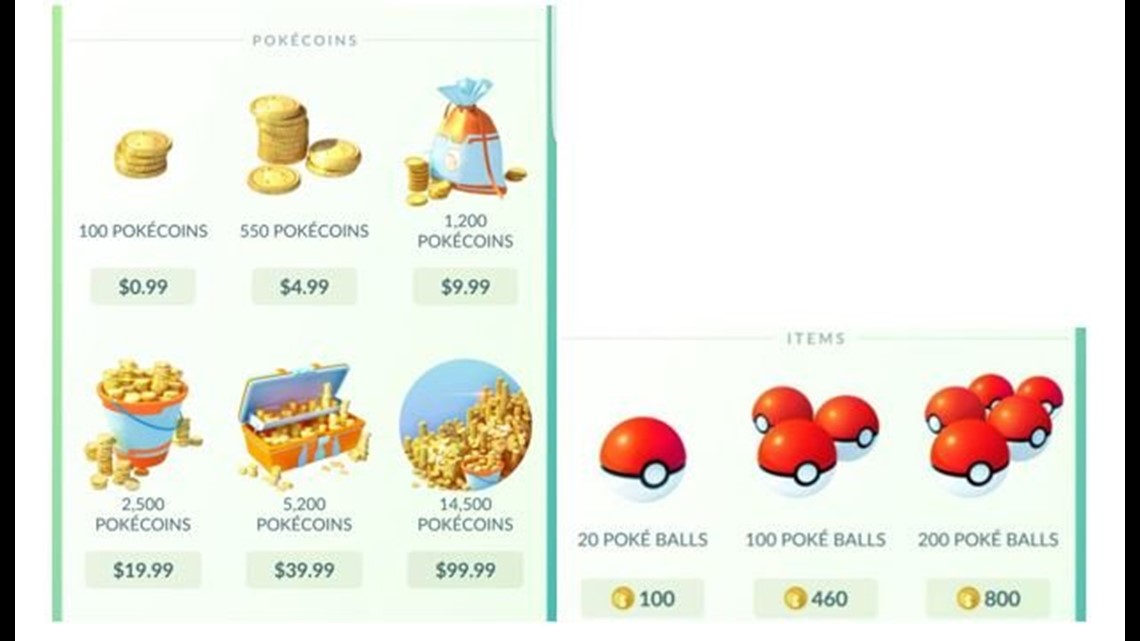Released only a few weeks ago, Pokémon Go has become a cultural phenomenon. For the uninitiated, Pokémon Go is a game for mobile devices that overlays a virtual world on top of the physical world by utilizing a smartphone’s GPS, camera, and internal gyroscope. It is what we call augmented reality--Pokemon characters seemingly appear in the real world when looking through a smartphone, and players capture these characters by launching a Pokeball.
Millions of children, teens, and adults across the country and globe have been fascinated by this blending of the virtual and real, and have taken to the streets (and parks, churches, and everywhere in between) to capture these imaginary characters. The Pokémon Go phenomenon has included both extremely positive stories of young users exploring their neighborhoods, and negative stories in regards to distracted walking. It has also brought up the issues of privacy and safety. So before you Pokémon Go, there are 3 major areas that you and your family should be aware of.
Here are the 3 KNOWS for Pokémon Go:
Know what information you are giving away
When you agree to download an app, you are agreeing to its Term of Service. Upon its initial release, commentators pointed out that Pokémon Go received a high level of access to your email and contacts when signing up through Google. After an outcry of complaints, the game altered that data that was collected through sign-up. Of particular concern for parents is understanding what information the game is collecting on your child and what the company (created by Niantic, Inc) will do with the information both internally and with third parties.
Upon signing up for Pokémon Go, the app will collect a user’s email address, age, websites visited, and locations travelled. The game is rated for Everyone, so Pokémon Go has the heightened duty under the Child Online Privacy Protection Act (COPPA) to receive sufficient parental consent for users under the age of 13.


The allure of Pokémon Go is that merges the real world with a fantasy world, but in order to do this it requires access to your smartphone’s camera and location. Families should know their comfort level apps based on geolocation, and ensure young players are aware of what giving over this information entails.
Know your surroundings


Children, teens, and adults enjoying Pokémon Go should show the same level of respect and awareness to their surroundings as they typically would when not playing a game. Outside of capturing characters, Pokémon Go will also prompt a player to visit Pokéstops and Pokémon Gyms that are often located in community locations such as parks. When walking throughout town, players should be cognizant of private property and walking into areas not appropriate for one’s age.
While a player is hoping for a character to appear on screen, it should be understood that physical safety concerns such as a car can be appearing in real life. In others words, always looks what is happening outside your screen as well.


It is often said that Pokémon Go is free. That is technically true, but practically false. Pokémon Go is an example of what is referred to as freemium: a product that allows for either free use or premium use. The major trend in gaming in recent years has been to monetize games through a freemium model that captures a high amount of users up front (since there is no initial cost), and tries to incentivize players to make in-app purchases.
For Pokémon Go, players can speed up the process of moving through levels by purchasing Poké Balls instead of spending time searching for them. Families should discuss that in-app purchases have real world consequences--they cost actual money. Mobile games traditionally have purchases made through in-game currency that require an additional mental step to understand how much money is being spent in US currency.
In the world of Pokémon Go, players spend Pokécoins that start with a conversation of 20 Poké Balls costs 100 Pokécoins, which costs 99 cents.
David Ryan Polgar is the Chief of Trust & Safety for Friendbase, along with the co-founder for the Digital Citizenship Summit.
